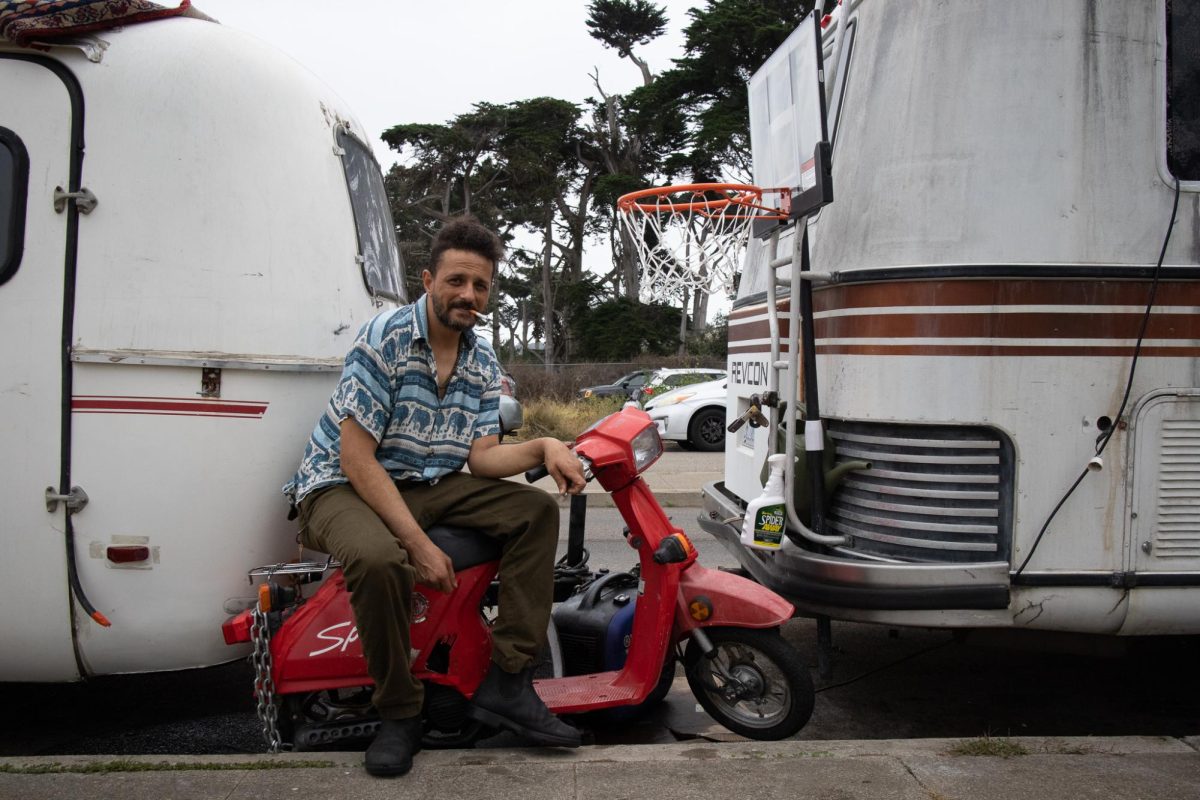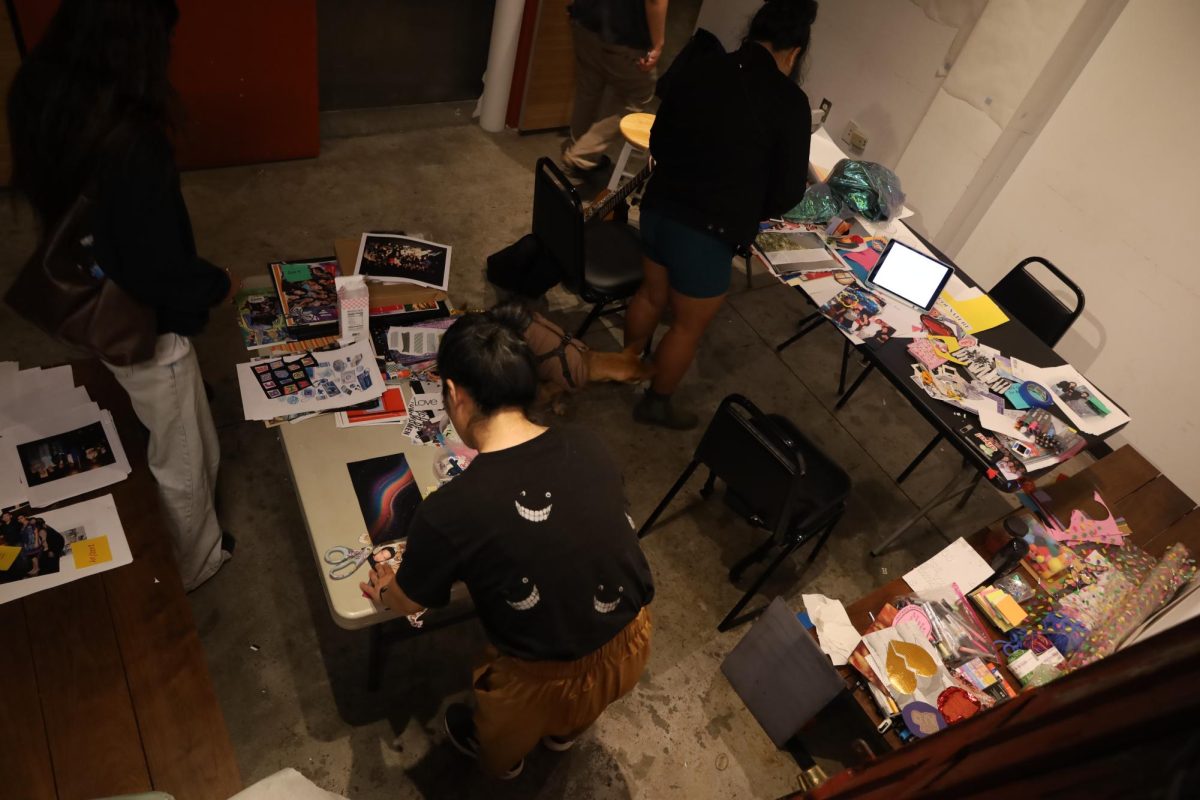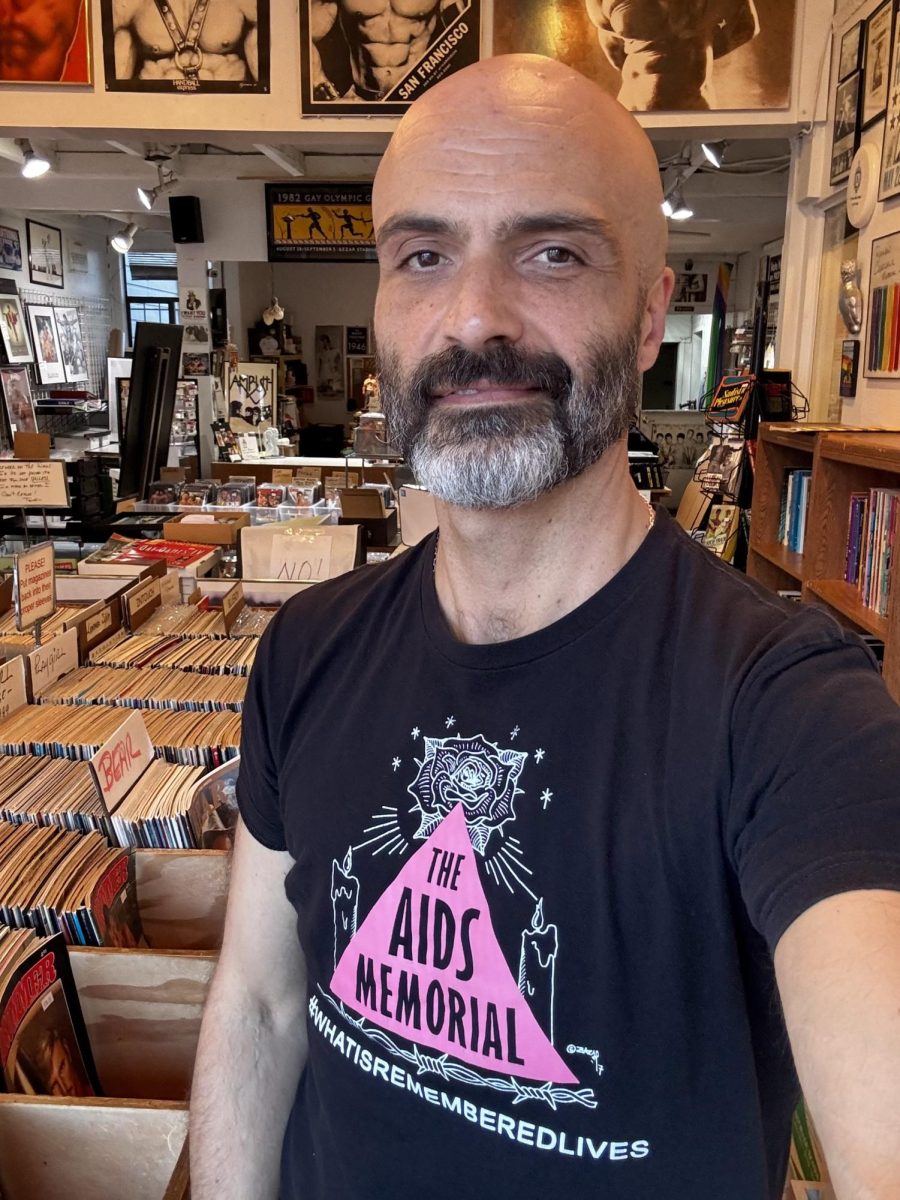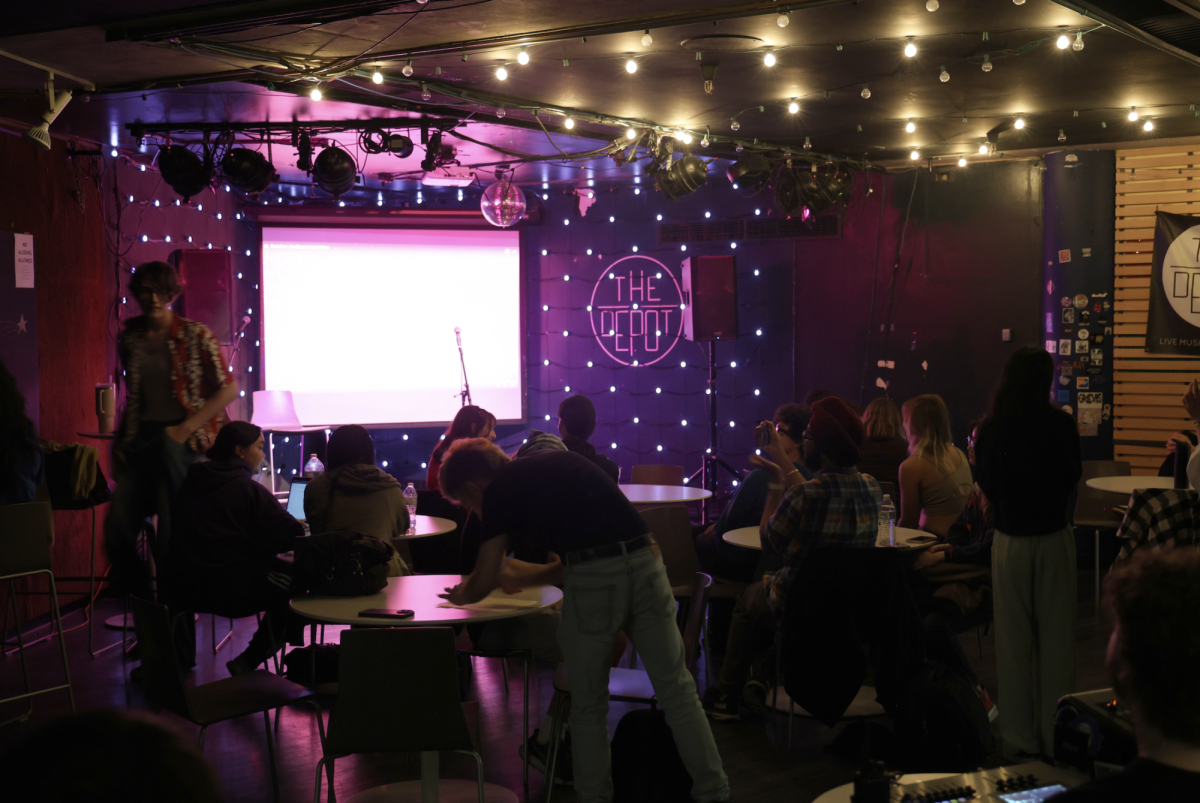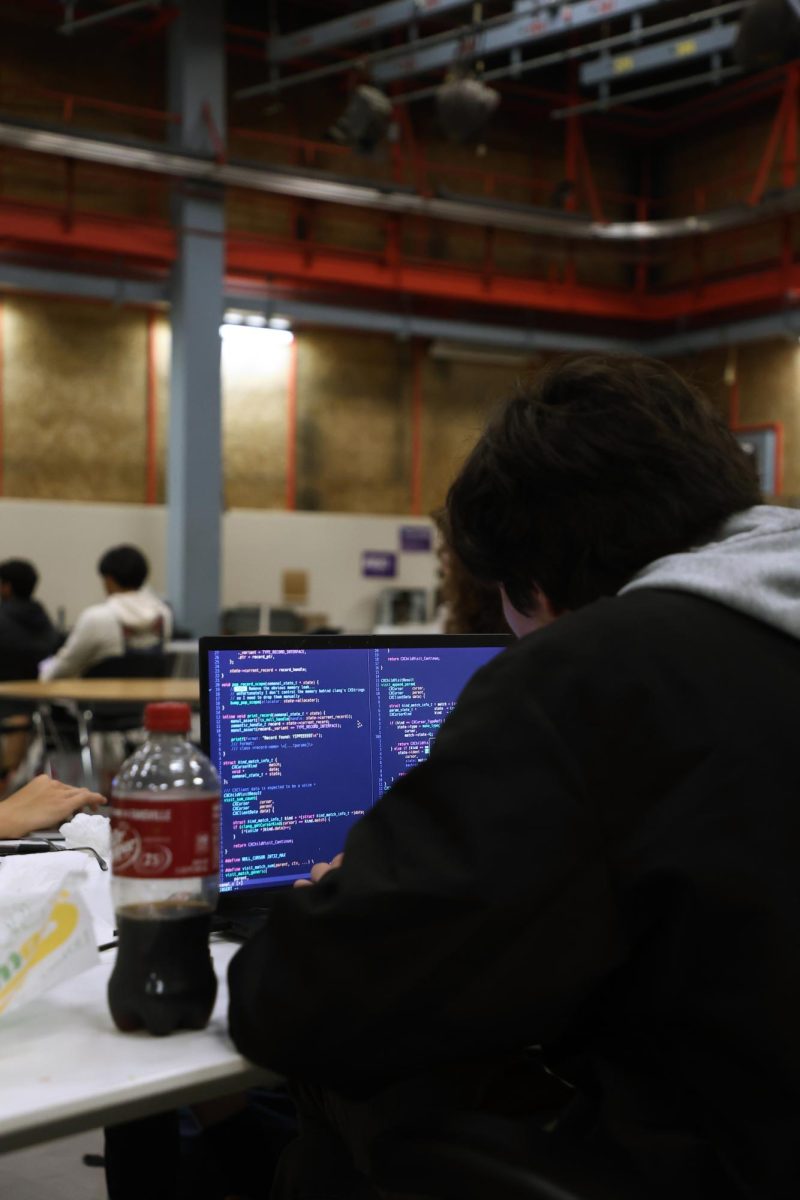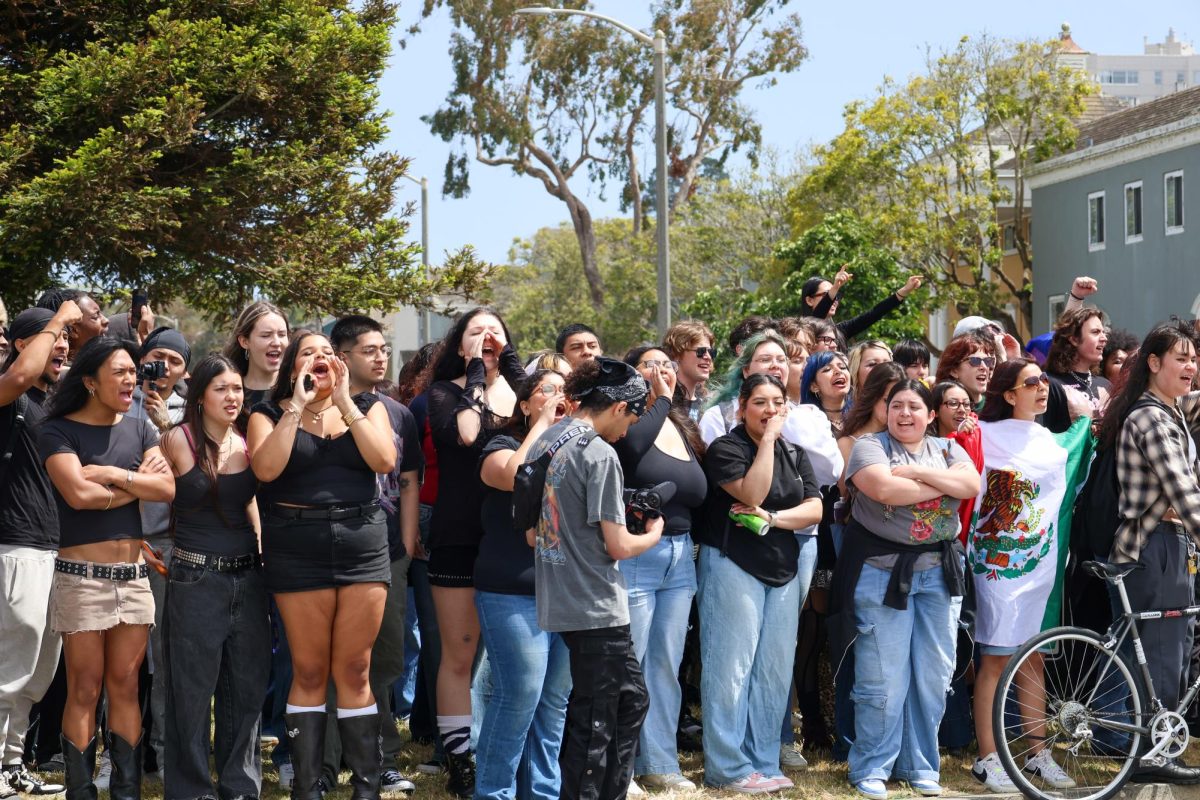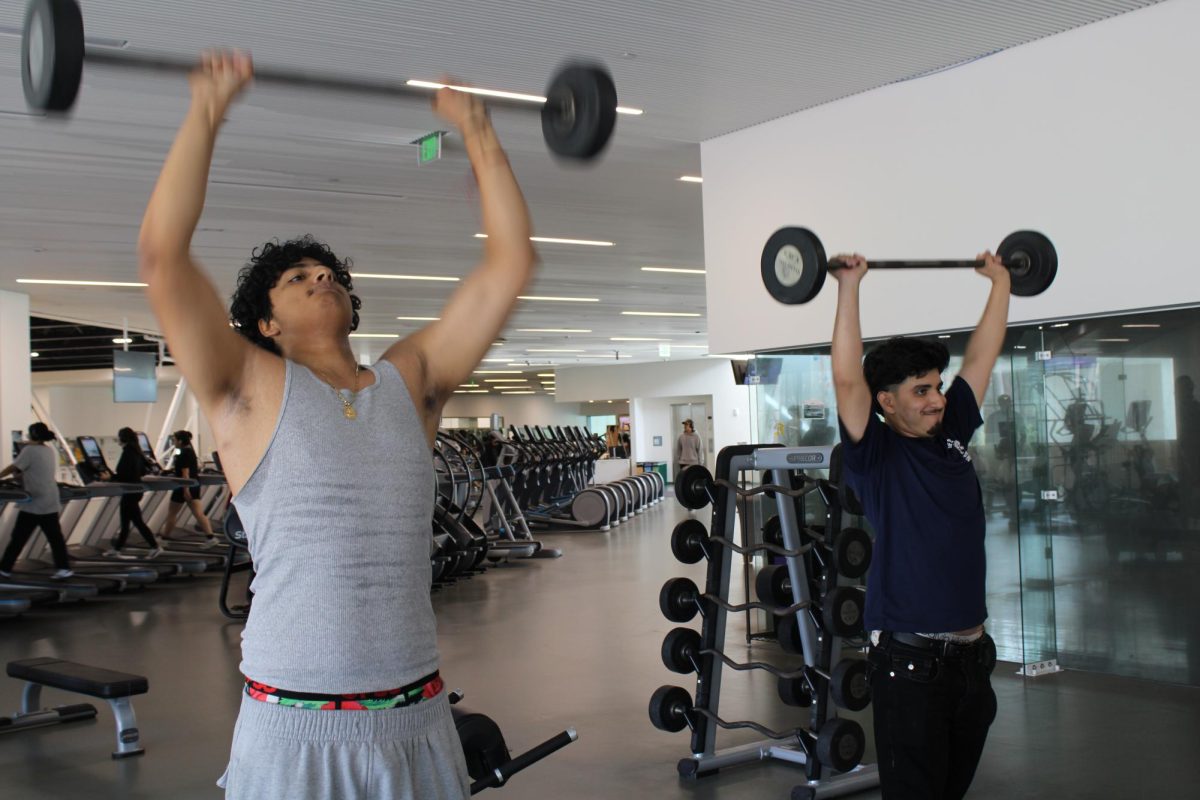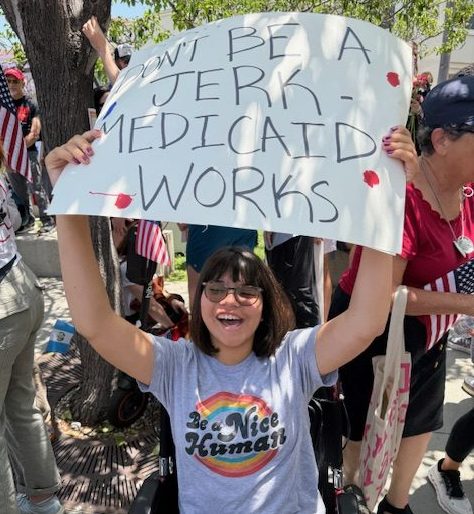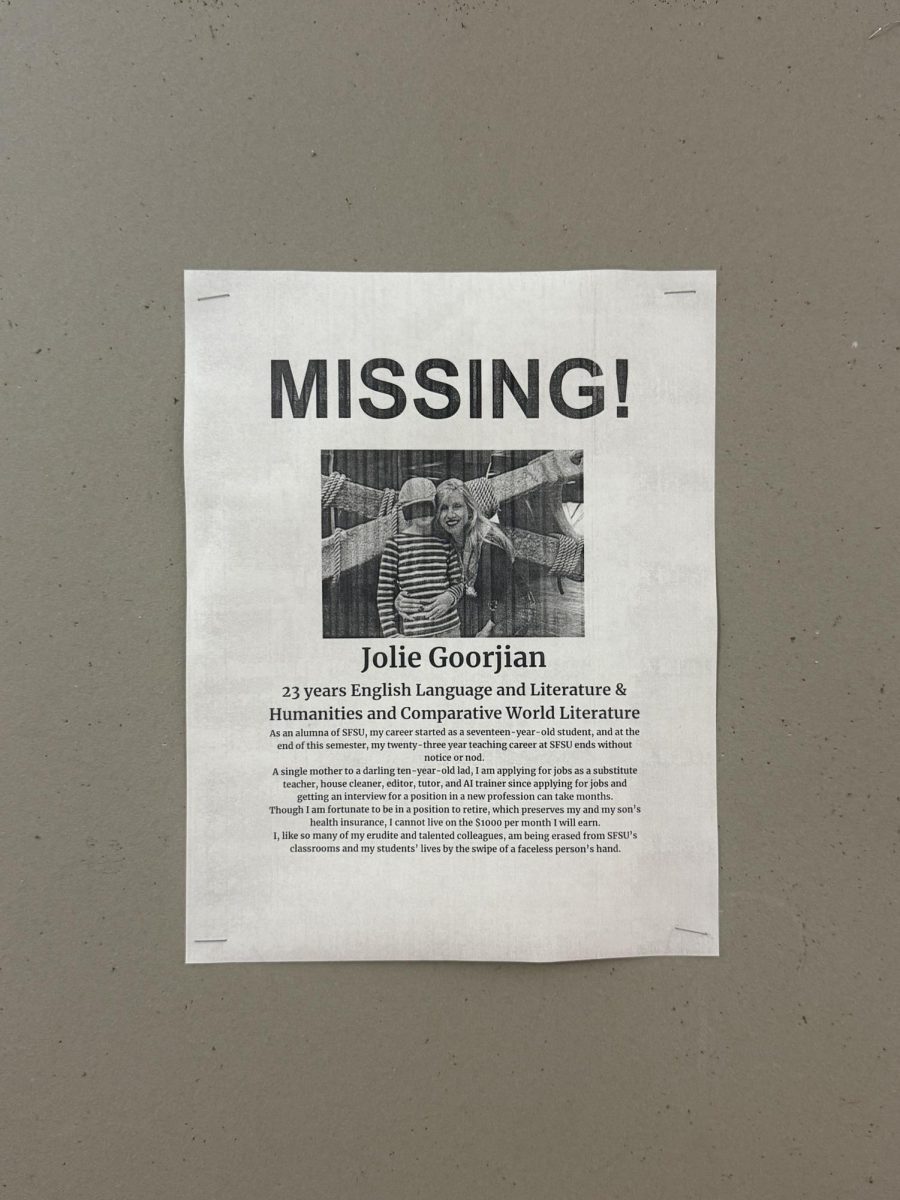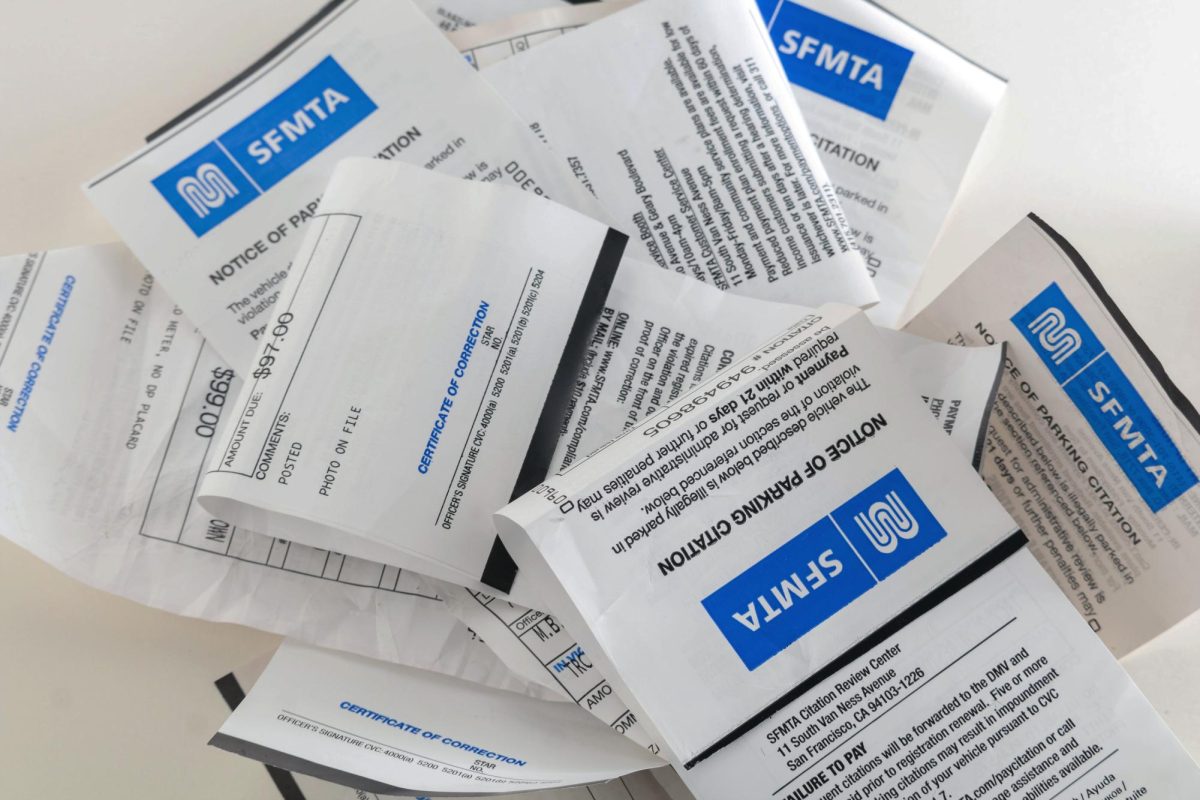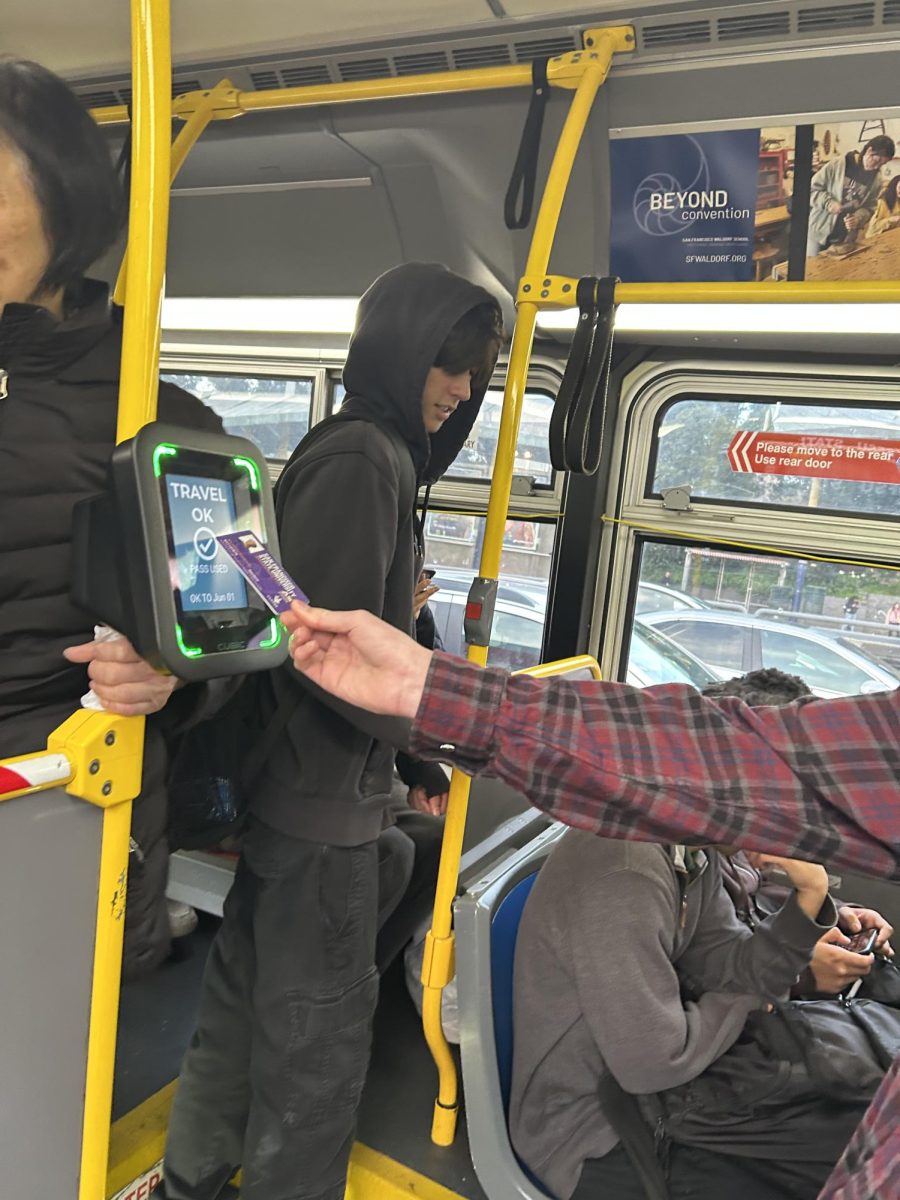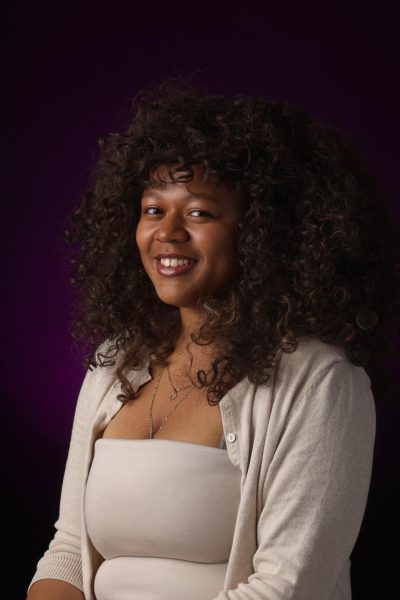Lake Merced’s RV community has been fighting the city for the last 13 years according to Carlos Perez, a 56-year-old RV resident and truck driver.
“It touched my heart when I saw families with kids — 6-year-old kids. They shouldn’t be living like that, but there’s no other choice — that’s the problem. There’s no other choice for [families] to pay rent,” said Perez outside of a city hall San Francisco Municipal Transportation Agency meeting, where RV residents and homelessness advocates spoke against the mayor’s new bill.
According to Jennifer Fieber, a legislative aide for District 7 Supervisor Myrna Melgar, RV dwelling is becoming a statewide issue that the city’s current budget cannot adequately address.
“We don’t get enough funding for affordable housing from the state, which would help a lot,” Fieber said. “So San Francisco is doing its best to help the people that are here.”
Mayor Daniel Lurie’s new executive plan, Breaking the Cycle, strives to address vehicular homelessness in San Francisco by establishing a 24/7, two-hour parking limit on any “large vehicle” longer than 22 feet or 7 feet tall. Long-term vehicle residents, recognized by the Department of Homelessness and Supportive Housing and have been living in RVs before May 31, 2025, are eligible for a temporary permit. Permit recipients must agree to go into temporary housing when made available and sell their RVs through the Mayor’s buyback program, a third party or store it.
“I think what it’s going to do is … kind of remove a certain sense of security in terms of housing, having a place to live. It removes the option of living in an RV,” said Zach Bollinger, RV resident and unofficial middle man between the Coalition on Homelessness and the RV community.
Welcome to the Neighborhood
Originally from Tunisia, Mohamed Ali has lived in the US for the last 10 years. After a separation from his former partner and a consequential eviction, he wasn’t able to find another apartment; he’s been living in an RV since 2017.
According to Ali, the RV community is full of good, hardworking people from all different walks of life. Ali himself speaks four languages and is a former chef who worked alongside many celebrity chefs.
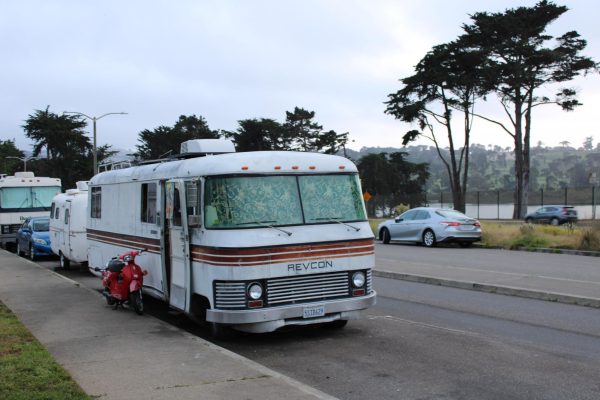
(Astro Carlyle / Xpress Magazine)
After rent became unaffordable, 32-year-old SF State alum Hannah Akman and her boyfriend turned to RV living; they’ve been living in the Lake Merced RV community since April.
“I really love this community here and when I drive by it’s just really sad to see that it’s not going to be here in a couple months,” Akman stated.
RV roommates, Alan Brooks and Jonathan Stiles, were both previously incarcerated at San Quentin Rehabilitation Center and are now on parole living in an RV. Brooks and Stiles corroborated the challenges that formerly incarcerated individuals face when trying to reintegrate into society and apply for housing or employment.
“Every place does a background check, and for a lot of crimes, they feel like they don’t want that person living in their community,” said Stiles.
On top of losing his previous apartment, Stiles was recently in a car crash that crushed his chest and broke his ankle.
Brooks is 69 and is unable to work due to health complications and relies on Supplementary Security Income checks, which wouldn’t be able to cover rent and medical expenses.
Not being able to afford housing or leave the city due to parole restrictions, Brooks and Stiles’ parole officer suggested that Lake Merced was their best option.
“This is a safe zone for us,” Brooks said. “Going someplace else, they move us into a warehouse with 50 people or a four-man cubicle in a warehouse. We won’t survive there, because of PTSD, because we can’t be around people.”
Once Mayor Lurie’s bill goes into effect in November, RV residents like Akman, Ali, Brooks and Stiles will be pushed back into the inflated housing market they were seeking asylum from.
“On the Fringes”
Some residential community members, such as 66-year-old Parkmerced resident Nikita Yakubovich, believe that the influx of RVs has negatively impacted the area.Yakubovich’s grievances with the RVs reaffirm criticism held by others who argue that the RV community is — according to a residential petition — the culprit of unsanitary conditions, crime, environmental concerns and a decline in the image of the neighborhood.
“There’s plenty of space for them to camp outside San Francisco,” Yakubovich said, insisting that RVs should leave the city.
Other neighbors, such as Lakewood Apartments resident Don Collier, are sympathetic toward RV residents and see the bill as a part of the city’s continued harassment set on kicking already disenfranchised people while they’re down. He’s skeptical of the city’s ability to materialize the housing promised to RV residents as part of the terms of the permit.
“I think that obviously living conditions are getting worse for everyone,” said Collier. “I live in a rent-controlled apartment. Other people do not. I could just imagine how difficult it is for a family or a younger person starting out having to pay $3,000-a-month rent.”
According to Ali, anticipation over where RV residents will go after November has caused a great deal of anxiety in the community.
“Those situations create a lot of addiction-related problems and even death by losing their places, and they’re just devastated,” Ali said.
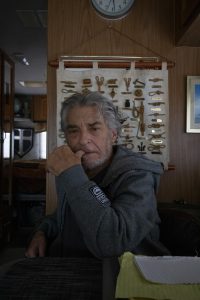
RV resident William Russo speculated that the city’s purge on the Lake Merced RV community is the cause of mostly aesthetic concerns, rather than a genuine effort to address vehicle homelessness in the city.
“If they see a trashy thing like a trashy RV, they assume it’s being lived in by trashy people — so that makes people uncomfortable,” Russo said.
Bollinger said the vague logistics of the bill are actually providing a disservice to RV residents by forcing people who are already experiencing housing insecurity back into a predatory housing market.
“It kind of reveals that it’s mandatory to pay either a landlord or a bank in order to have housing,” he said. “Since there is no public option, there is no public housing, there’s no social housing or a general guarantee of housing, this is literally fascist.”
“There’s no urgency to care about people who live in RVs. Who’s to gain by helping people who live in RVs? We’re on the fringes and that’s it. That’s the essence of it,” Russo said.



